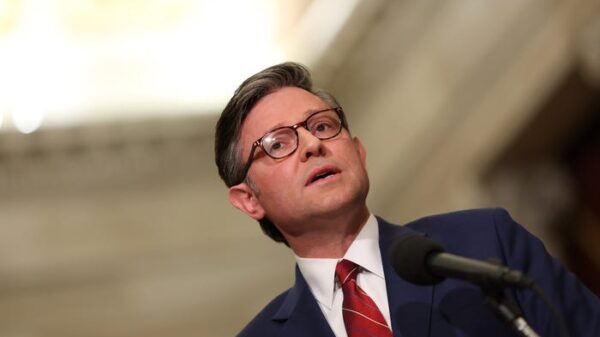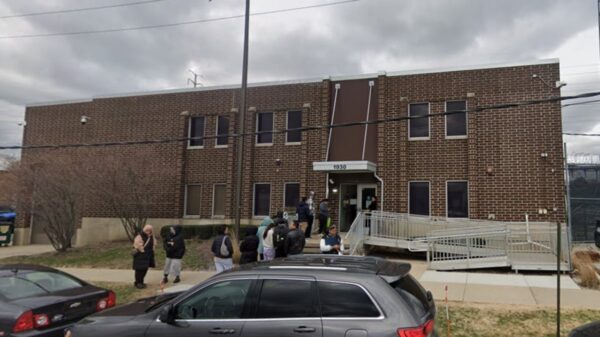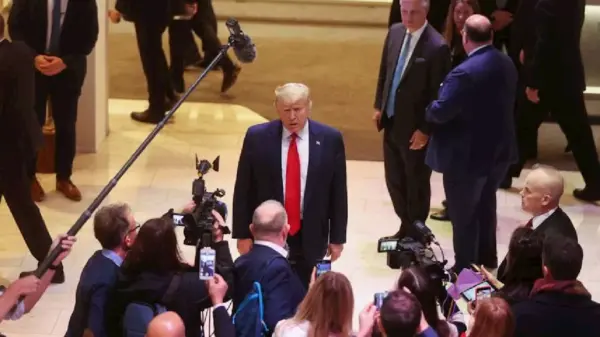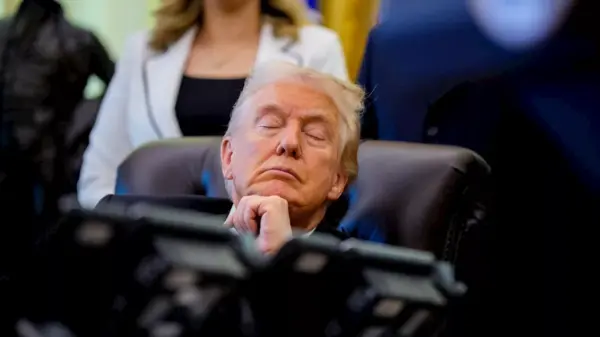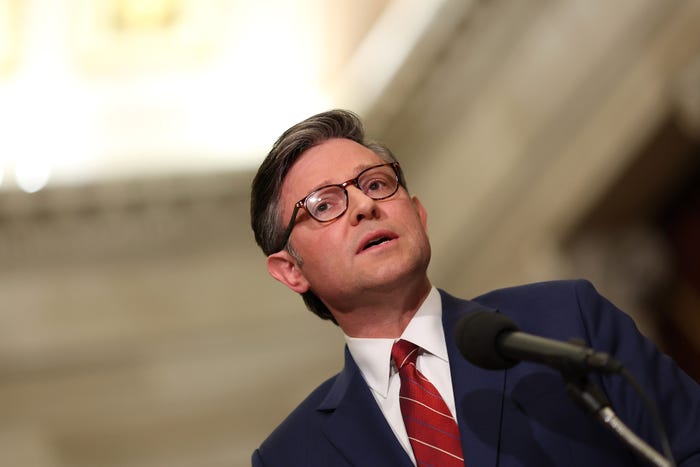UPDATE: Congress members will not see a pay increase this year, as confirmed by the latest government funding bill signed by President Donald Trump. Lawmakers’ salaries will remain frozen at $174,000 until at least January 30, 2024, a figure that hasn’t changed since 2009.
The bill, aimed at reopening the government, includes a provision that blocks any cost-of-living adjustments for Congress, a benefit that most federal employees receive annually. This decision comes after a tumultuous period marked by significant government shutdowns that affected hundreds of thousands.
The implications of this pay freeze are profound. As inflation continues to rise, the purchasing power of Congress members’ salaries is diminishing, raising concerns about the future of representation in government. Supporters of increasing lawmakers’ pay argue that the current salary structure discourages qualified individuals from running for office, especially those without independent wealth.
Earlier this year, House Speaker Mike Johnson, who earns $223,500 due to his position, expressed concerns about the long-term consequences of stagnant salaries. “Over time, if you stay on this trajectory, you’re going to have less qualified people who are willing to make the extreme sacrifice to run for Congress,” he stated in May.
In a rare alignment, Rep. Alexandria Ocasio-Cortez echoed similar sentiments, emphasizing the need for working-class representation. “If we want working-class people who don’t rely on independent wealth to represent people in Congress, we have to make it work,” she noted last year.
In an interesting twist, Congress almost approved a modest pay bump last year, which would have increased salaries by up to $6,600. However, this initiative was derailed by public figures, including Elon Musk, who criticized the proposed raise for lawmakers, asserting it was excessive.
The current salary freeze has been a consistent feature in annual government funding bills for the past 16 years. While the decision may seem politically prudent in the wake of shutdowns that left many federal employees without pay, it raises questions about the future of congressional effectiveness and representational equity.
Looking ahead, lawmakers will continue to face pressure regarding their compensation, especially as discussions about economic equity and public service persist. The ongoing conversation around Congress salaries is likely to be a focal point of future legislative sessions.
As Congress navigates these complex issues, many will be watching closely to see how these decisions impact the quality and diversity of future political candidates. The freeze may not only affect current lawmakers but could also deter potential candidates who might otherwise bring new perspectives to the table.
Stay tuned for more updates on this developing story as Congress prepares for the fiscal year ahead.




